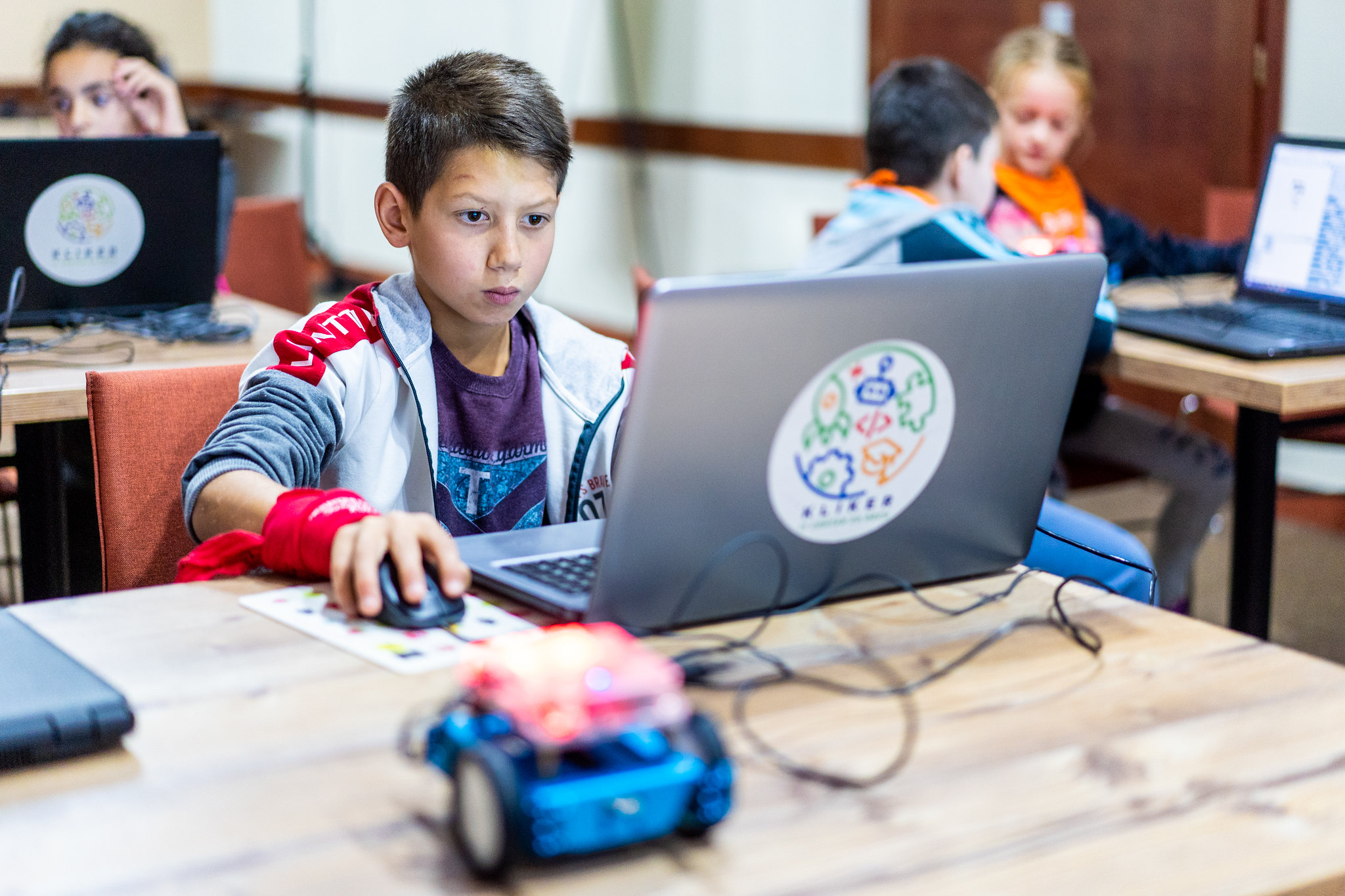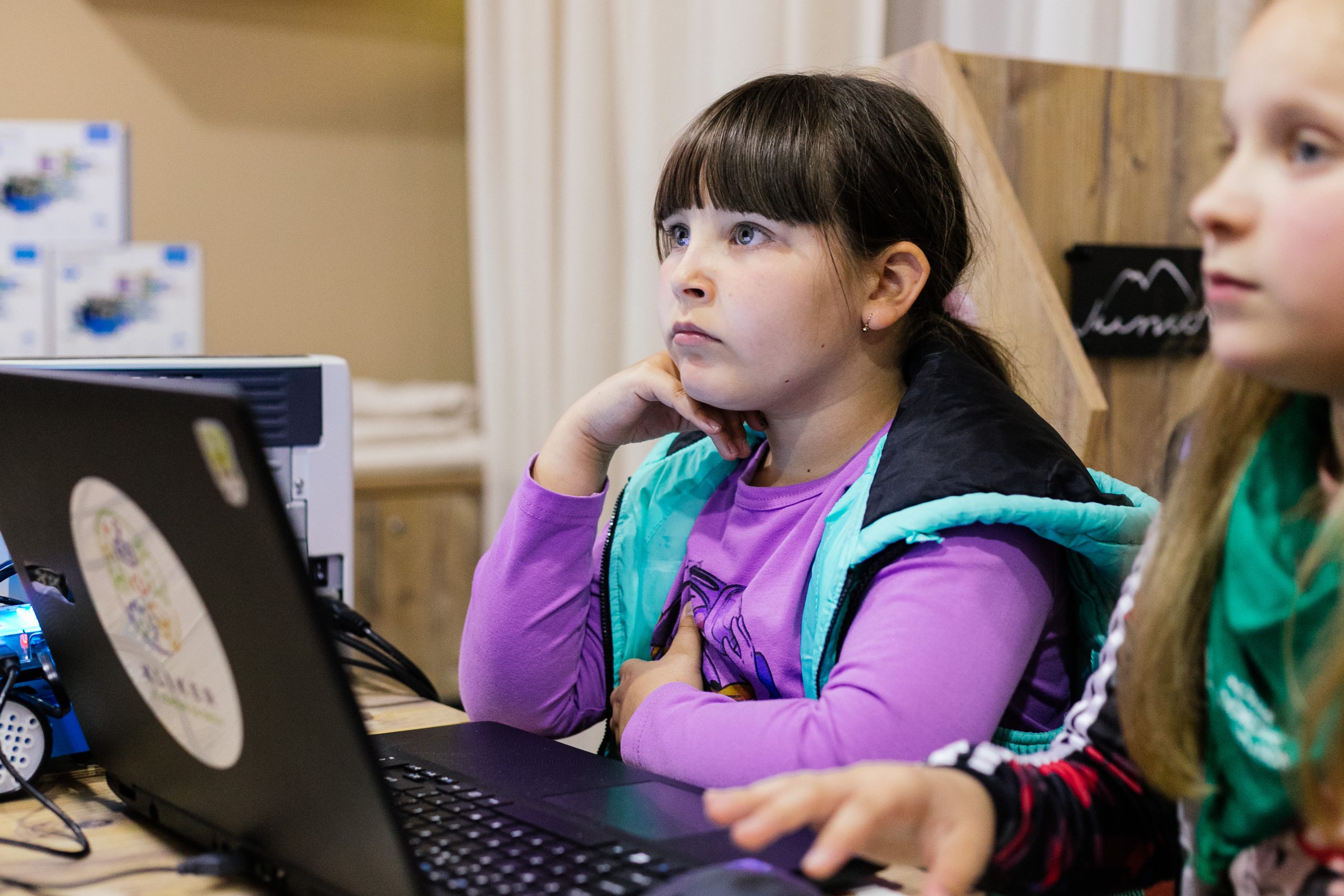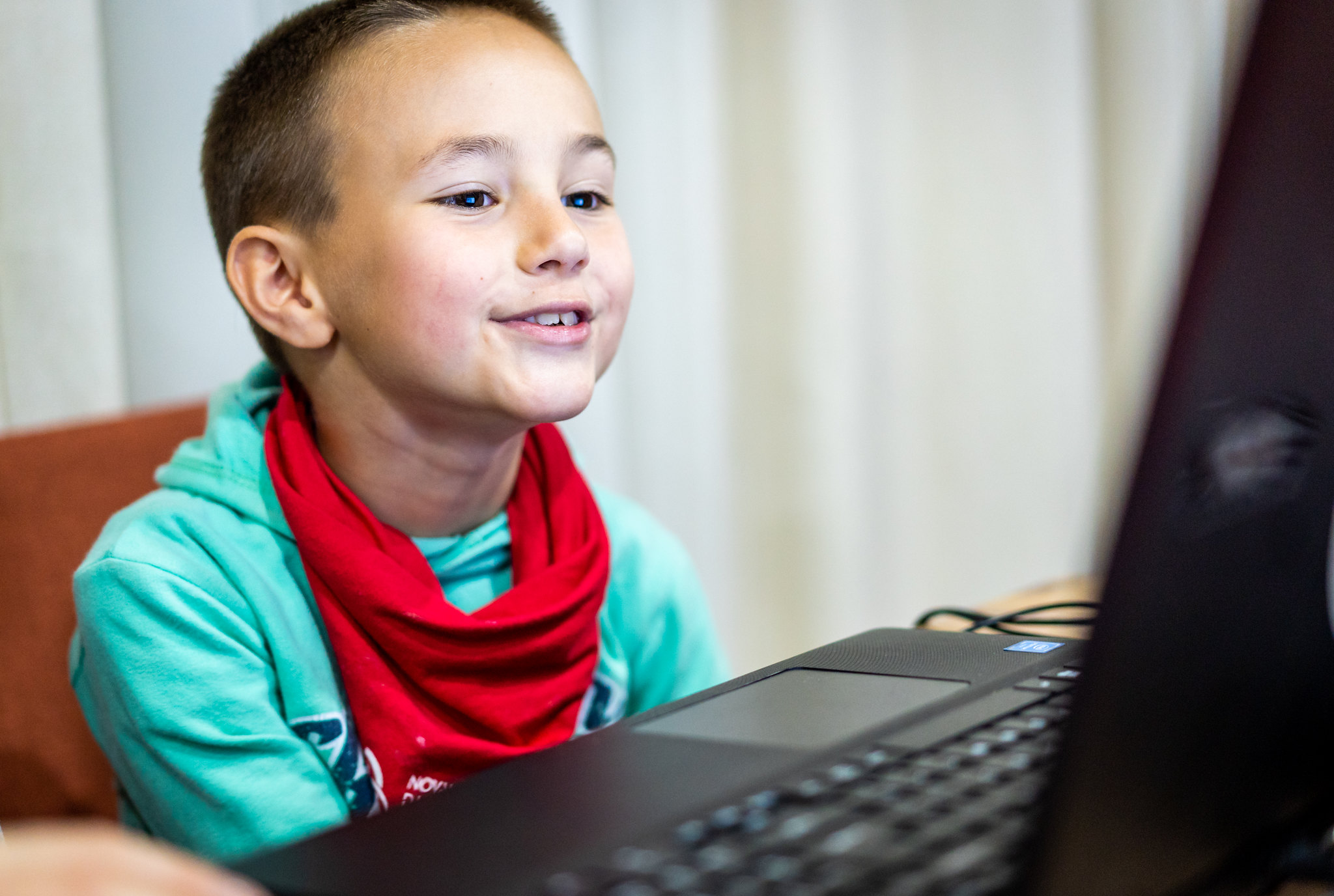Since the outbreak of the COVID-19 pandemic, some schools have temporarily shut their doors to students and shifted to virtual learning. Others, however, have implemented hybrid schooling, mixing virtual learning and traditional classroom experiences.
Virtual learning has become an unavoidable aspect of young learners’ lives. It has changed the way parents prepare kids for school. There is a multitude of factors to consider, from obtaining the right virtual learning tools to helping kids create a designated learning space.
However, parents often neglect a crucial fact. Your kids are now online more than ever.
Every time a kid clicks on a link or downloads an app, they open their lives to the entire world. They create a digital footprint that cannot be deleted. If not controlled and managed, this data can be exposed to cybercriminals. As a parent, your role is to monitor kids’ behaviors online and keep educating them on a wide range of cybersecurity risks.

Virtual learning has become an unavoidable aspect of young learners’ lives. It has changed the way parents prepare kids for school.
Improve the Security of your Kids’ Devices
Statistics found that 70% of kids encounter sexual or violent content while doing homework research, while 65% of them were involved in a cyberbullying incident.
In a recent interview, Henrietta Fore, the Executive Director of UNICEF, emphasized that cybercriminals have been taking advantage of children’s vulnerability and loneliness during the pandemic.
Fortunately, many online security tools can help you protect your kids while surfing the web.
- Invest in reliable antivirus and firewall software that provides a holistic insight into your network security and prevents malware from entering it.
- Make sure all instant messaging applications, video conferencing tools, and virtual learning platforms your kids use are encrypted. If these tools do not provide advanced security solutions, use a VPN to hide your real IP address.
- When your kid needs to register on a cloud platform, help them create strong passwords and user names that do not reveal any personal data.
Set Rules for Video Conferencing
Video conferencing is one of the most effective remote learning tactics since it eliminates geographical boundaries, reduces conflicts, and improves peer communication. Therefore, do not be surprised if your kid is asked to log onto a video conferencing platform to interact with teachers and friends.
However, video conferencing comes with numerous online security risks. That is why you need to set strict rules for video conferencing.
For instance, do not allow video calls from your kid’s bedroom.
Instead, follow the two-adult rule. Choose a shared space in your home so you can check in with them and monitor their activities.
Help Children Choose Appropriate Online Content
With the rise of the Internet, kids now have unlimited access to educational materials, irrespective of their location. With eBooks, your kid can have the works from all around the world in their pocket. Online tutorials make any subject easier to understand. Children can now learn the rules of tennis just by watching tennis instructional videos. Podcasts have gained momentum over the past few years, making the learning process more interactive and natural.
However, not every piece of content published online is appropriate for kids. As a parent, you need to help them choose the right ones.
For example, if your kid needs to do homework research, why not help them find reliable and accurate online resources? Furthermore, install parental controls, such as web filtering, to limit kids’ access to inappropriate or distracting content types.
Talk to Your Kids
As a parent, never expect a kid to inform you about online incidents they face. They are too young to recognize online threats. Talk to them openly about online predators lurking online. Explain why you need to control their online presence. Emphasize the consequences of clicking on a malicious link, visiting a suspicious website, chatting with strangers, or sending their photos or videos to them. Motivate them to ask you for help every time they need to install a new application, download something, or answer a video call.
With the aim to help the children to learn the school material easier in this inconvenient situation, our Foundation, in cooperation with Leonida Institute, launched a YouTube series of lectures on the topic of learning with memorization techniques for children!
Talk to kids about cyberbullying, a common problem young learners face. Help them identify what appropriate and inappropriate peer interactions are in the online world. Prepare them to handle cyberbullying effectively, such as not accepting friendships from strangers or blocking anyone sending hateful messages. Above all, encourage them to inform you if they recognize such behaviors.
Kids’ Online Security Remains Parents’ Top Priority
Virtual learning is the future of education. Even though schools, parents, and kids are still adapting to it, it can be safe for kids when executed and monitored strategically. Install content filtering tools, strengthen your firewall software, and educate kids about common online security problems. Talk to them about cyberbullying.
Remember, your goal is not to discourage kids from using the Internet for learning or communicating with peers. Use simple explanations they can understand and implement in real-life situations. Most importantly, prepare children to talk to you about anything happening online so you can help them. Only that way will you be able to protect them online and teach them to use modern technologies responsibly.
About the author: Eve Anderson is a marketing specialist turned blogger. Interested in sports and exciting travel destinations. Love to share content that can inform people.


















